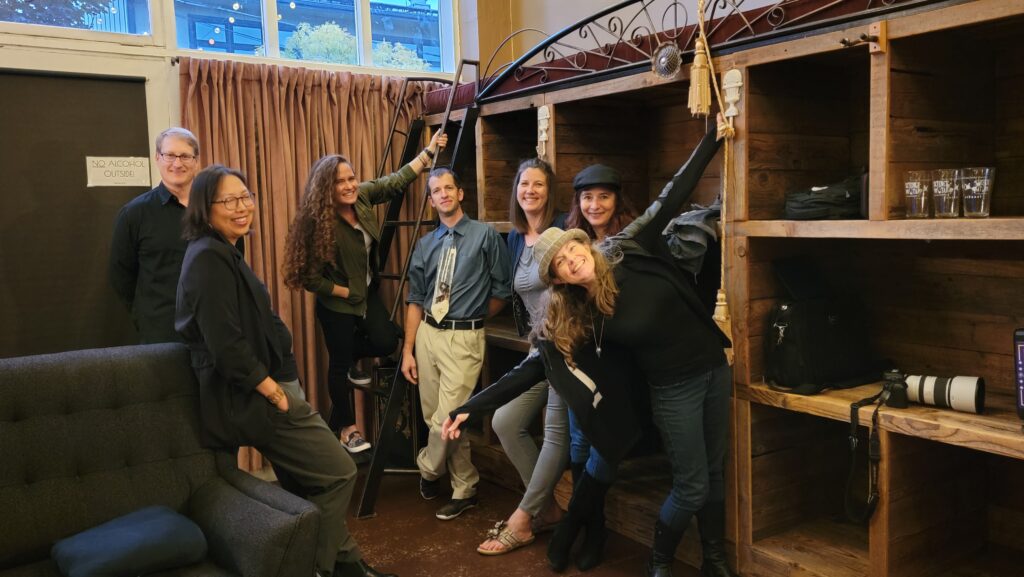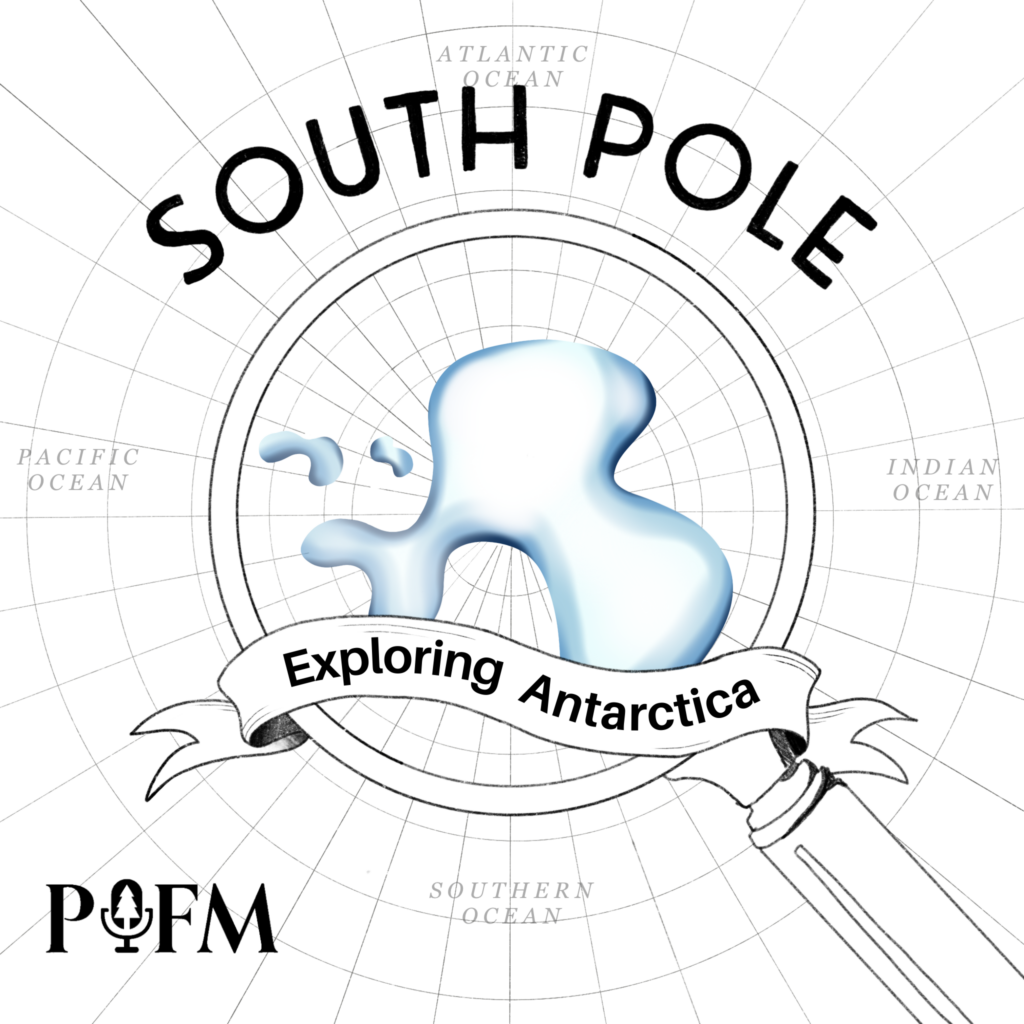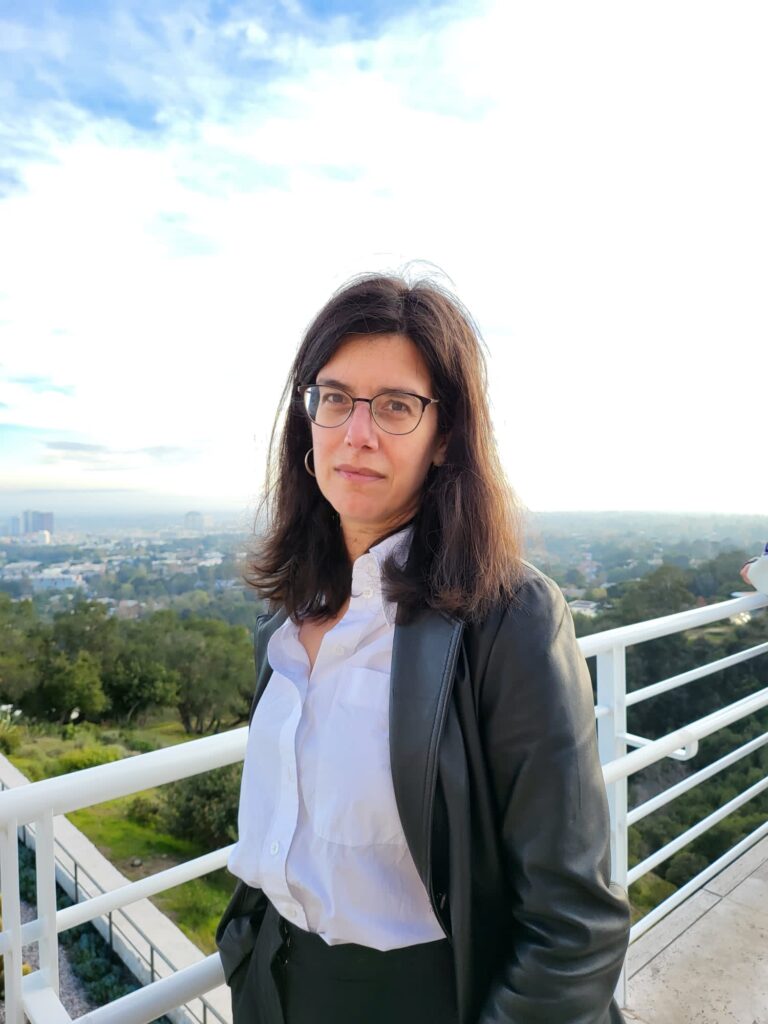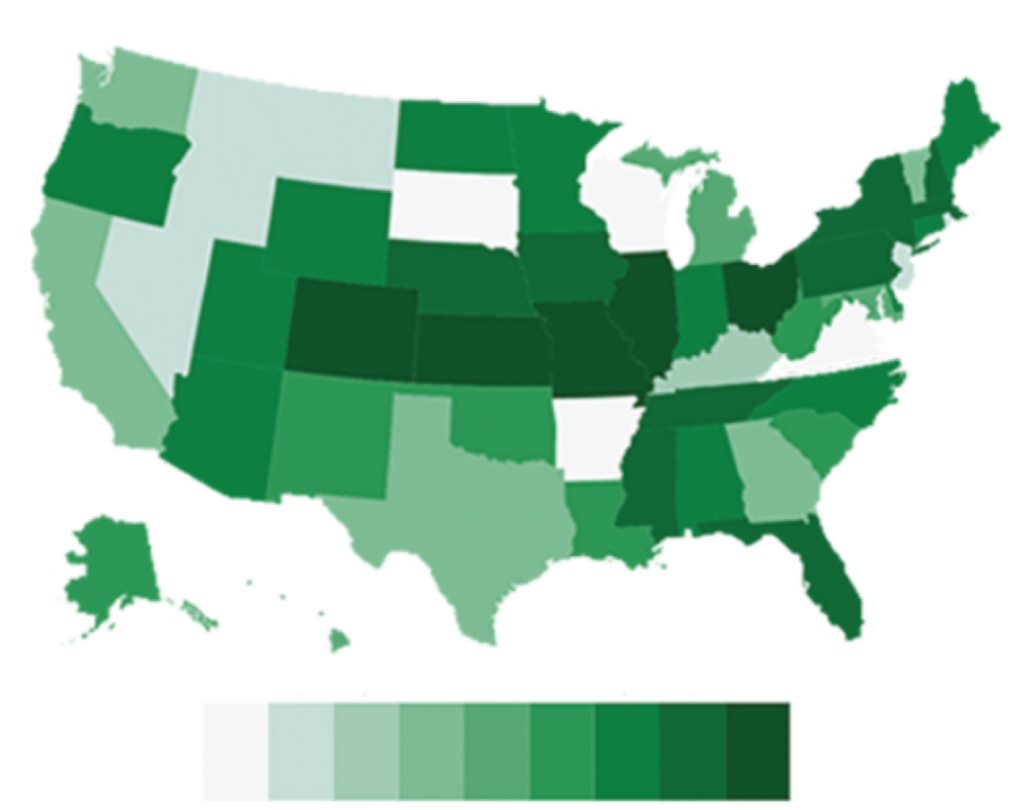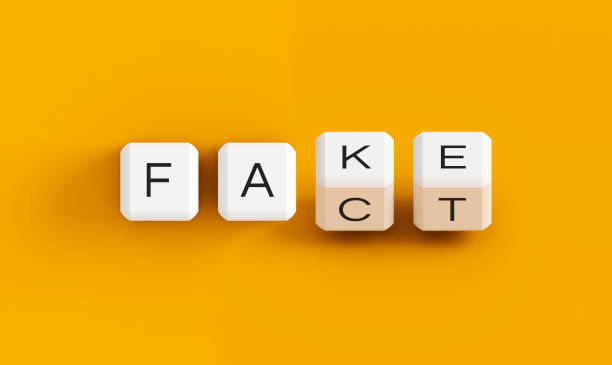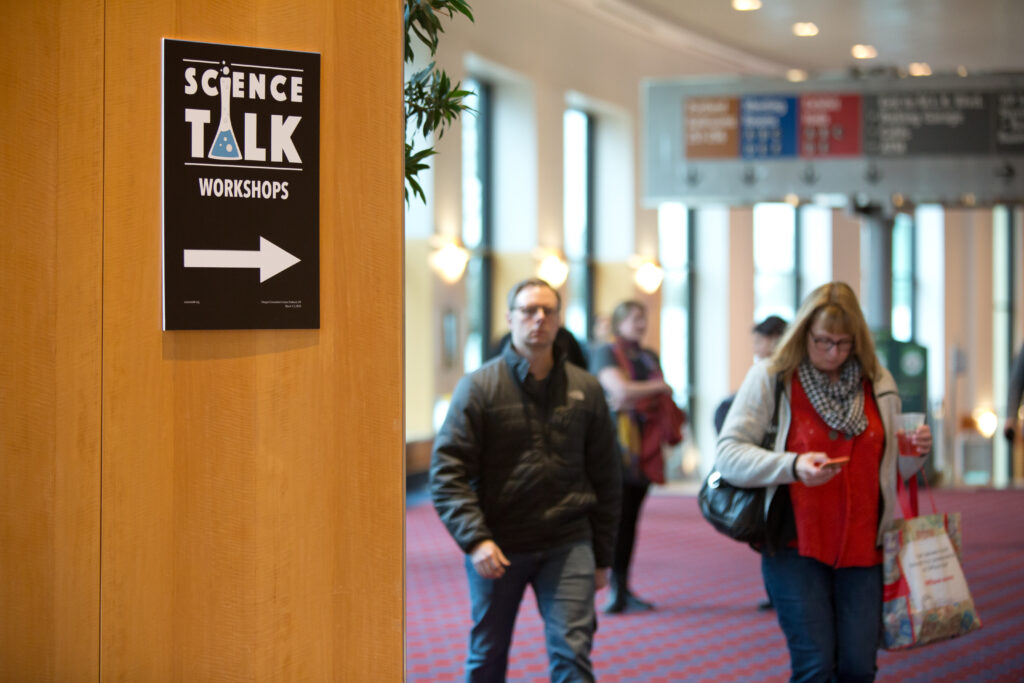When we are discussing something controversial or otherwise difficult like vaccines, it can be challenging to know where to begin. Emotion, culture, context, past experiences, among many other factors, can play a part in this. It can also depend on what one is attempting to achieve with a discussion. Are you trying to change the […]
Article
Global Trust in Scientists
Insights and Implications for Science CommunicatorsPublication Details: Why I Chose This Paper: Understanding public trust in scientists is crucial for science communicators. This paper offers a large-scale, global perspective on trust dynamics, providing actionable insights to enhance engagement and address skepticism. The Larger Issue: Trust in Science Public trust in scientists is essential for effective decision-making and policy implementation to […]
A Sign for Change
Empowering future Deaf and Hard-of-Hearing scientists with ASLHave you ever had one of those days where you think, “There has to be a word for this”? Now imagine, you pick up a dictionary and find that it’s in a language you can’t understand. You move on to the next one and, thankfully, you can read it, but instead of a word you […]
Peek behind the curtain: How ASC creates the SCIENCE TALK conference program
Each fall, the Association of Science Communicators asks you – the professional SciComm community – to submit ideas for conference talks, workshops, and panels. After we review them for credibility & appropriateness, we reach out to you again for your opinion on those submissions – we invite you to vote for the sessions that most […]
Event Recap: Celebrating Science Through Storytelling at the Alberta Rose Theatre
On September 17th, 2024, science met storytelling in an unforgettable evening at the Alberta Rose Theatre in Portland, OR, thanks to a powerful collaboration between ASC, The Story Collider, and Make You Think Inc. This unique live event blended science communication and personal stories, showcasing how the two can intersect to inspire, entertain, and connect […]
Simple advice that transformed my scientific writing
My experience with graduate school was that I was as much of a public speaker and a writer as I was a scientist in the lab. In my five years in a biomedical research PhD program, we were constantly under pressure to not only produce interesting data, but to communicate it clearly, quickly, and concisely, […]
Pipettes for Pens: a Brief Guide to Transitioning from Scientific Research to Writing: Part 1, Transition to Industry
When I started in research over a decade ago, I was motivated by the scientific topics that interested me: I wanted to learn more about infections and their role in global health. But if I’m honest, I never loved the lab. I enjoyed the fine motor skill component, listening to podcasts while I worked, and […]
From Lab to Narrative
A ‘How-To’ Guide on Transforming Your Research into Compelling Science StoriesImagine standing in front of a packed auditorium, your groundbreaking research condensed into a PowerPoint presentation. As you begin to speak, you notice eyes glazing over, attention wandering. Sound familiar? Don’t worry – you’re not alone. Many of us struggle to convey the excitement and importance of our work to non-specialists. But what if you […]
From Strawberry DNA to STEM Success: Making Science Accessible for Every Child
As the world becomes more technologically connected, science communicators have really expanded their networks. From blog posts such as this one, to discussing the next vaccination platforms on TEDx, and to sharing quick facts on X or Instagram about the new weight loss drugs; we as scientists are excelling at getting information out into the […]
Antarctica Needs More Science Communication.
Locked inside the 14 million cubic kilometers of the disappearing Antarctic ice sheet is enough frozen water to bring the surface of the ocean 57 meters closer to the clouds. I am a science communicator and host of South Pole, a podcast about the science of Antarctica. In creating this series I have learned how […]
Podcasts: Connecting audiences with science using audio
Over 500 million people around the world are listening to podcasts. Figures from Backlinko show that 40 million of those started listening in the last calendar year. The world of podcasting is rapidly expanding and represents an extremely powerful sector of digital communications. While we have some amazing examples of science podcasts: Ologies, Science Vs., […]
Member Spotlight: Dr. Liz J. Ruark
Q: Can you tell us about your educational and professional background? A: I have a Doctor of Veterinary Medicine degree from the Cummings School of Veterinary Medicine at Tufts University with a focus on small animal medicine. Additionally, I trained in veterinary dentistry through the Veterinary Dental Education Online program. My professional journey began as […]
Connecting Research and Practice: SciComm Lexicon
Have you heard people talking about agenda-setting, the elaboration likelihood model, or the spiral of silence and been unsure about what they were referring to? Do you need to explain to your clients or collaborators the importance of alt-text, targeted messaging, or trust in communication? Just like any other field, science communication has jargon that creates barriers between scientists, communicators, and science communication researchers. […]
Connecting Research and Practice: How People Think About Risks
Life is filled with decisions that involve risk, the uncertain possibility of something bad happening. How do you decide whether to eat genetically modified food (Hunt & Wald, 2020)? How do you decide whether to evacuate during a flood or hurricane (Carr et al., 2016; Ruginski et al., 2016)? How do you decide whether to get […]
Member Spotlight: Dr. Clare Gibson, Filmmaker
Q: Can you tell us about your educational and professional background? A: I have an eclectic education! An undergraduate degree in Physiology (BSc Hons), a PhD in Health, and most recently, a Master’s with Distinction in Film. I thought I was going to be a bench scientist, but a disability and orthopedic surgeries stopped me […]
Connecting Research and Practice: Colors in Data Visualizations
You have a fascinating dataset, and you want to create an eye-catching, easily understandable visualization—how do you choose a color palette? In addition to using a colorblindness simulator to ensure accessibility, you can use best practices revealed by research in cognition and psychology. You’ve likely seen countless visualizations that represent continuous data using a rainbow colormap, with colors spanning […]
Connecting Research and Practice: Where to Find Scicomm Research
The social science of science communication is a vast field of research, with new papers constantly being published on topics such as science misinformation, people’s perceptions of risk, climate change communication, and more. How can you keep up to date with it all? Many of the strategies you might use to keep up with physical […]
Connecting Research and Practice: How to Handle Misinformation
The COVID-19 pandemic brought with it an explosion of new misinformation, leaving many science communicators wondering why people believe false information and how to counter its spread. Even before COVID, social scientists were finding answers to these very questions. A 2019 PNAS piece by Dietram Scheufele and Nicole Krause provides a good overview, starting with the blurry line between […]
Connecting Research and Practice: Strategic Science Communication
You’ve got a great idea for a new scicomm project—but before you dive in, you should ask yourself a set of strategic planning questions. What are the long-term goals of your project, in terms of changes to your audience’s attitudes and behaviors? What are the short-term objectives of each individual piece of communication? And what are the tactics that you can […]
Connecting Research and Practice: Framing Climate Change as a Health Issue
When talking about climate change, you might emphasize the economic benefits of climate action, our moral responsibility to future generations, the importance of regulations, the importance of individual actions…the list goes on. A wise choice of emphasis frame can resonate with people’s values and foster support for pro-climate policies. One promising but underused option is a public […]
Volunteer Spotlight: Tamara Poles, ASC Accessibility Director
ASC volunteers represent a wide variety of science communication paths: editing Wikipedia, responding to foodborne illness complaints, designing museum exhibits, and more. Today we’re featuring someone who has trained hundreds of scientists to communicate about their science with broad audiences. Scott Hershberger (ASC’s newsletter editor) spoke with Tamara Poles, ASC’s accessibility director, about her full-time […]
Building the SciComm community with your input for Science Talk ’25!
Science communications is a broad banner that includes many specializations, AND many people at various points in their careers, all with unique perspectives. So, how does one small conference accommodate everyone? The answer is by building a community. Your community – with your input. What is Science Talk? Science Talk is the annual conference for […]
Speaker Spotlight: Dr. Rayvon Fouché
ScienceTalk 2024 is just around the corner! We had the honor of chatting with one of our keynote speakers, Dr. Rayvon Fouché, about his career in science communication and what he’s looking forward to at this year’s conference. Q: What is your background in science communication? A: I get very excited about science, and I […]
Volunteer Spotlight: Amy Nippert, ASC Blog Editor
In previous ASC volunteer spotlights, we’ve featured science communicators who plan our annual conference, coordinate our year-round course offerings, and lead our marketing and communications team. This time, we’re featuring our blog editor, Amy Nippert. Scott Hershberger (ASC’s newsletter editor) talked with Amy about her lab research on chronic pain, her involvement in science communication […]



